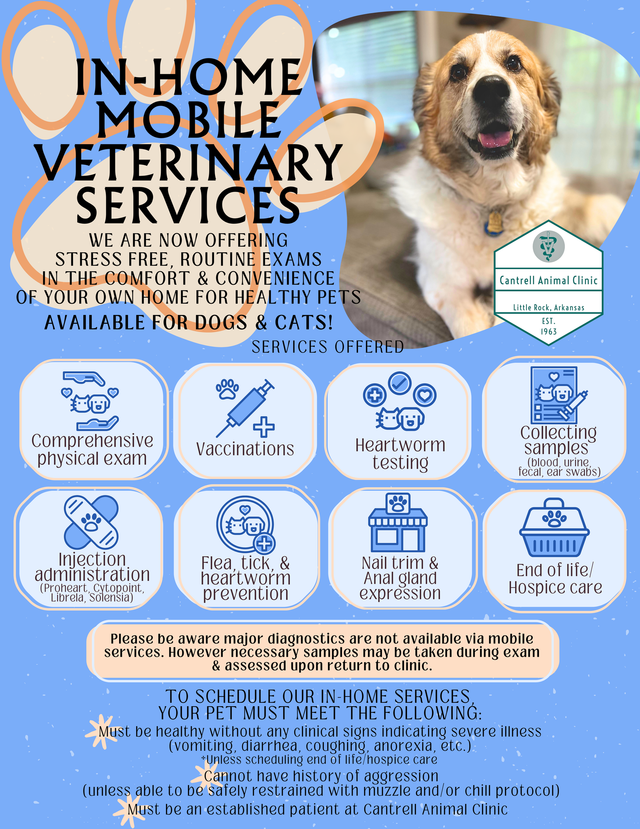The Bernard Rodriguez Journal
Exploring the latest trends and stories in news and lifestyle.
Wagging Tails and Tired Bones: Keeping Your Senior Pet Spry
Discover expert tips to keep your senior pet lively and happy! Unleash the secret to wagging tails and endless joy for tired bones.
Top 5 Exercises to Keep Your Senior Pet Active and Happy
Keeping your senior pet active and happy is crucial for their overall well-being. As dogs and cats age, it's important to adapt their exercise routine to ensure they remain fit while also considering their changing needs. Here are the top 5 exercises to help your senior pet maintain a joyful and active lifestyle:
- Gentle Walks: Short, leisurely walks are a fantastic way for senior pets to explore their surroundings while getting much-needed exercise. Aim for 10-15 minutes daily, adjusting the pace to suit their comfort level.
- Swimming: Swimming is a low-impact exercise that offers a full-body workout without putting stress on your pet's joints. If your pet enjoys water, consider taking them to a dog-friendly pool or beach.
- Interactive Play: Engage your senior pet in light, interactive play. Use toys that encourage them to move, such as feather wands for cats or soft balls for dogs.
- Obstacle Courses: Create a simple obstacle course in your yard or living room. Use household items like cones or hoops to encourage your pet to navigate through the course at their own pace.
- Stretching: Incorporate stretching exercises into your pet's routine to improve their flexibility and mobility. Gently guide their paws into different positions, encouraging them to stretch after a walk or play session.

Understanding the Nutritional Needs of Aging Pets
As pets age, their nutritional needs undergo significant changes, requiring a careful adjustment to their diet to maintain optimal health. Older pets often experience a decrease in metabolism and changes in their digestive system, leading to potential weight gain or loss. Therefore, it is crucial to focus on high-quality protein sources that help preserve muscle mass, along with fiber to aid digestion and regulate blood sugar levels. Additionally, incorporating essential fatty acids can support joint health and maintain a glossy coat, addressing common issues faced by aging pets.
Moreover, hydration plays a vital role in the diet of aging pets. As pets age, they may become less inclined to drink water, leading to dehydration, which can exacerbate health problems. Pet owners should encourage water intake by providing fresh water at all times and considering wet food options that can enhance hydration. Some nutrients, such as antioxidants and vitamins (like E and C), are also crucial for aging pets as they help combat oxidative stress and promote overall well-being. Tailoring your pet's diet to these specific nutritional needs can significantly improve their quality of life in their golden years.
What Signs Indicate Your Senior Pet Needs More Care?
As our pets age, their needs often change, and it's crucial for pet owners to recognize the signs that indicate your senior pet needs more care. One of the most noticeable changes is a decline in energy levels. If your once-active companion is now spending more time sleeping or showing reluctance to engage in their favorite activities, this could be a red flag. Additionally, observe any changes in their eating habits; a decrease in appetite may suggest dental issues or underlying health concerns that require immediate attention.
Another important aspect to monitor is their mobility. If you notice your senior pet having difficulty climbing stairs, getting up from a resting position, or showing signs of discomfort while moving, it's time to reassess their care routine. Behavioral changes, such as increased irritability or anxiety, can also indicate a need for more attention and support. Keep an eye out for these signs that indicate your senior pet needs more care, and don't hesitate to consult your veterinarian for a thorough examination and guidance on how to best support your beloved furry friend.